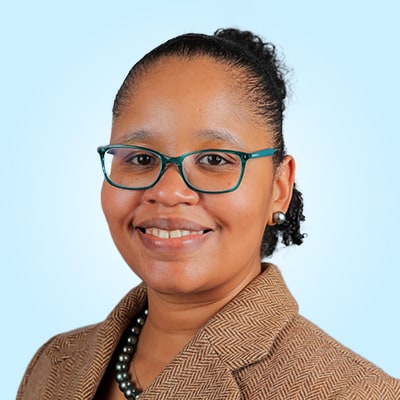Whether you are an early-career associate, transitioning back into practice after a career break, or a seasoned attorney, writing an appellate brief can be a daunting task. As you stare at a blank piece of paper, or the glowing screen of Microsoft Word, it can be difficult to know where to begin! This 60-minute webinar and CLE explores 10 suggestions for writing your first (or 50th) appellate brief. Utilizing these strategies, you will be well on your way to writing a strong appellate brief that you’ll be confident handing to a Partner for review and, ultimately, the court for your client.
- Brief Intro
- Introduction to Marina J. Wilson and appellate brief writing
- The Local Rules
- Required sections
- Page limits
- Formatting
- Outlining & Argument Preparation
- Thorough outlines
- Planning your arguments
- Persuasive Writing & Your Facts
- Acknowledging good and bad facts
- The art of persuasion and humanizing your client
- Key facts + bonus
- Standard of Review
- Differing standards of review
- Impacts of standard of review
- Avoiding Errors & Misstatements
- Accuracy of facts
- Accuracy of the law
- Importance of fresh research
- Citations
- Record cites
- Legal citations
- Avoiding Personal Attacks
- Legal arguments v. individuals
- Editing & Proofreading
- Resources for editing & proofreading
- Your Role as Appellant v. Appellee
- Standard of review reminder
- Whether you will reply
- Developing Your Style
- Personal, unique voice
- Conclusion, Questions & Answers
This webinar is divided into section summaries, which you can scan for key points and then dive into the sections that interest you the most.
Please note this AI-generated summary provides a general overview of the webinar but may not capture all details, nuances, or the exact words of the speaker. For complete accuracy, please refer to the original webinar recording.
*CLE credit is only available to Justia Connect Pros. Not a Pro? Upgrade today>>
Status: Approved
Credits: 1.00 General
Earn Credit Until: June 30, 2026
Status: Approved
Credits: 1.00 General
Earn Credit Until: February 28, 2026
Status: Approved
Credits: 1.00 General
Difficulty: All Levels
Earn Credit Until: December 31, 2025
Status: Approved
Credits: 1.00 General
Earn Credit Until: October 31, 2026
This presentation is approved for one hour of General CLE credit in California, North Carolina, and South Carolina (all levels). This course has been approved for Minimum Continuing Legal Education credit by the State Bar of Texas Committee on MCLE in the amount of 1.00 credit hours.
Justia only reports attendance in jurisdictions in which a particular Justia CLE Webinar is officially accredited. Lawyers may need to self-submit their certificates for CLE credit in jurisdictions not listed above.
Note that CLE credit, including partial credit, cannot be earned outside of the relevant accreditation period. To earn credit for a course, a lawyer must watch the entire course within the relevant accreditation period. Lawyers who have viewed a presentation multiple times may not be able to claim credit in their jurisdiction more than once. Justia reserves the right, at its discretion, to grant an attendee partial or no credit, in accordance with viewing duration and other methods of verifying course completion.
At this time, Justia only offers CLE courses officially accredited in certain states. Lawyers may generate a generic attendance certificate to self-submit credit in their own jurisdiction, but Justia does not guarantee that lawyers will receive their desired CLE credit through the self-submission or reciprocity process.

Pugh Accardo
Marina Wilson is an Associate at Pugh Accardo. Her practice focuses on complex commercial litigation, intellectual property, and counseling franchise companies with business and compliance matters. Read More ›




